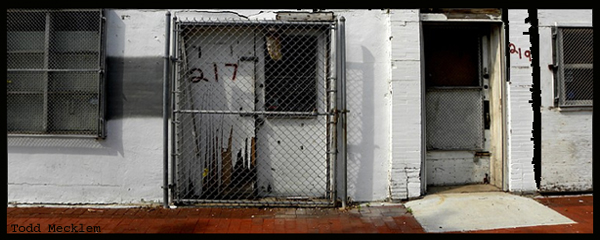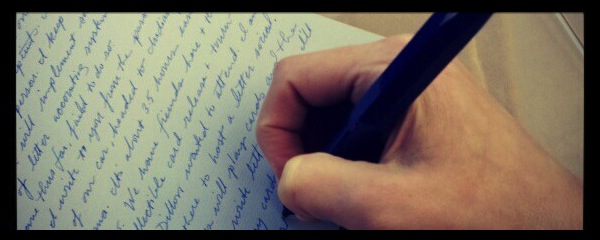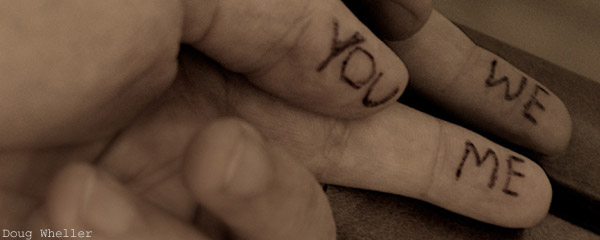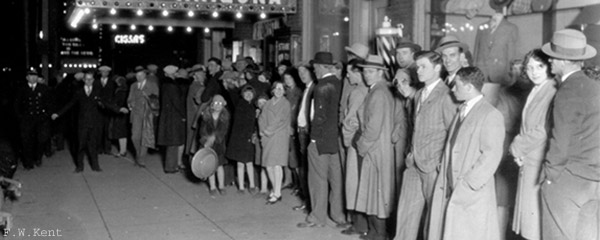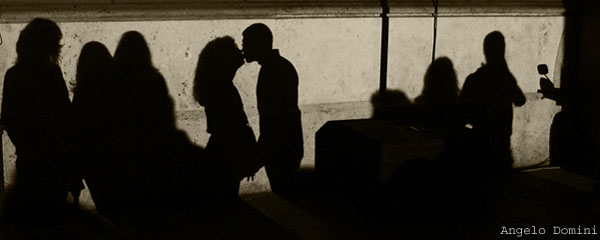This year’s Edge Hill University Short Story Prize has been won by the seemingly unstoppable Kevin Barry for his collection Dark Lies The Island.
“For me the short story is my first love… I think that the genre has become more popular in recent years, particularly as more people are reading online, so they want more intense reads and the short story fits this perfectly – long may it continue.”
JASON CLIFTON recommends the short stories of Robert Stone’s collection Bear and his Daughter: ‘Stone’s characters start out in a bad place and go downhill from there. They’ve crossed a line out of greed, despair, anger or moral conviction, and they are going to have a very hard time crossing back…’
JULIA ANDERSON recommends ‘The Orphan and the Mob’: ‘As I read the first sentence of ‘The Orphan and the Mob’, my eyes widened. At only sixteen words long, Julian Gough managed to insert into his first sentence: urination, a mob, and an orphanage burning down. Kudos to him…’
‘The narrators are failed artists, poets and writers struggling to get by in a world that has left them hopeless, a world where the Mexican and Chilean dictatorship wars are a constant underlying backdrop…’ Discover the unusual writing techniques of Roberto Bolaño in this essay from ANUSHREE NANDE.
‘Think Brief Encounter: tweed; the Boots Book Lending service (Taylor actually worked in one); tea at the Lyons’ Corner House; children in matching dressing gowns, hair brushed, coming down to kiss their parents goodnight…’ ALISON FISHER introduces us to the short stories of Elizabeth Taylor, writer.
‘This is one of those ‘perfect’ stories, with its three characters pleasingly balanced. Power, love and innocence. Guilt, selfishness, and trust…’ MIKE SMITH guides through the complexities of H.E. Bates’ short story ‘The Little Farm’.
ALEX RUCZAJ climbs inside Anne Enright’s short story collection Taking Pictures: ‘Whenever I panicked that my stories weren’t about very much at all, it gave me permission to write boldly about ordinary things…’
TRACY MAYLATH guides us through the second-person narratives of Lorrie Moore’s Self-Help: ‘Everyone speaks in ‘yous’: ‘you feel’ when they mean ‘I felt’, ‘you know’ when they mean ‘I want you to understand me’. Perhaps that’s why we find it irritating in literature…’
‘A deeply unsettling tale, a psychological horror which is all the more disturbing because it is so finely wrought…’ JULIET WEST explores Truman Capote’s haunting short story ‘Miriam’.
‘Her stories are visually rich, her dialogue skilfully edited, her ability to conjure up the reality of a scene is almost incantatory…’ In her essay, shortlisted for our 2013 Feature Writing Competition, ANNA ARBITER recommends No One Belongs Here More Than You by Miranda July.

